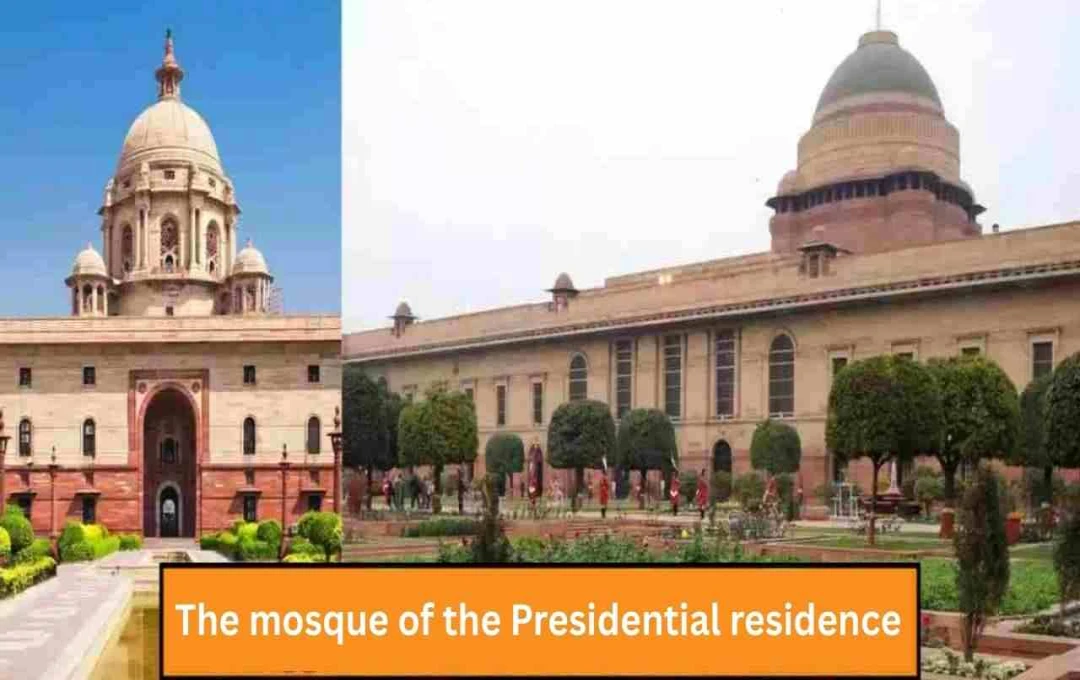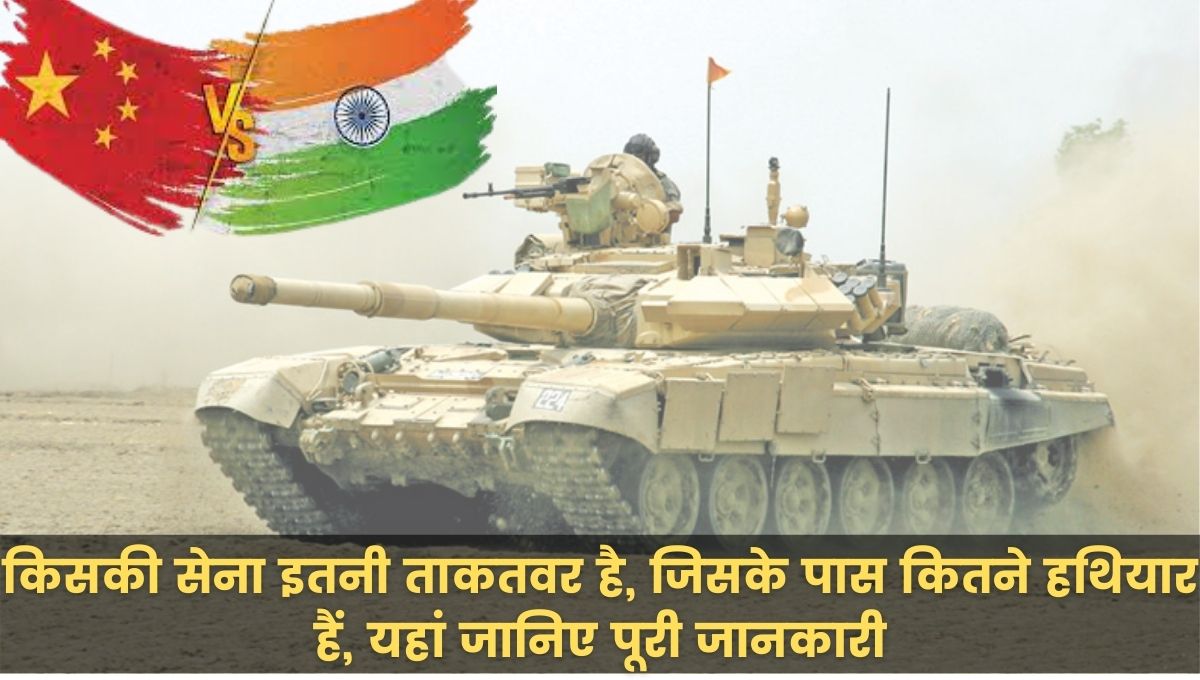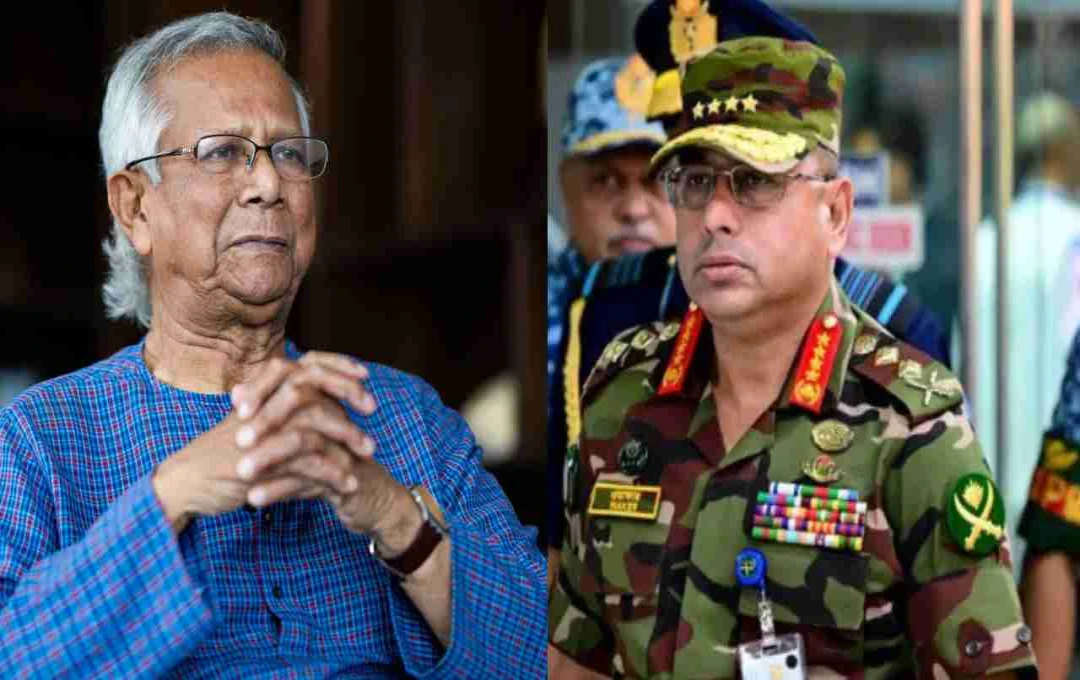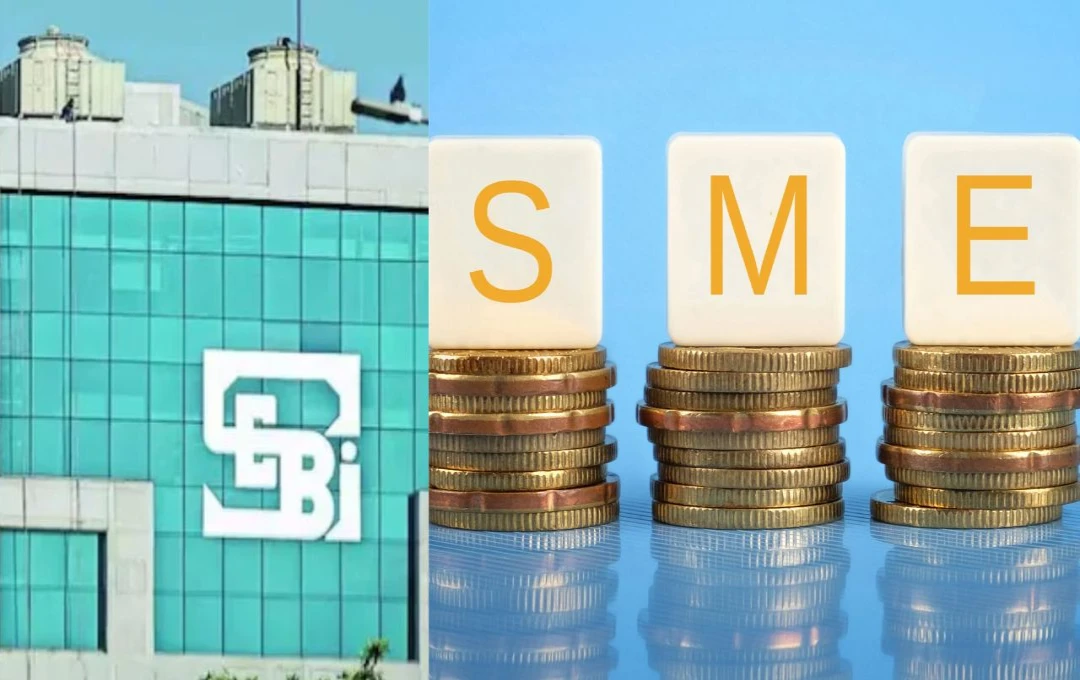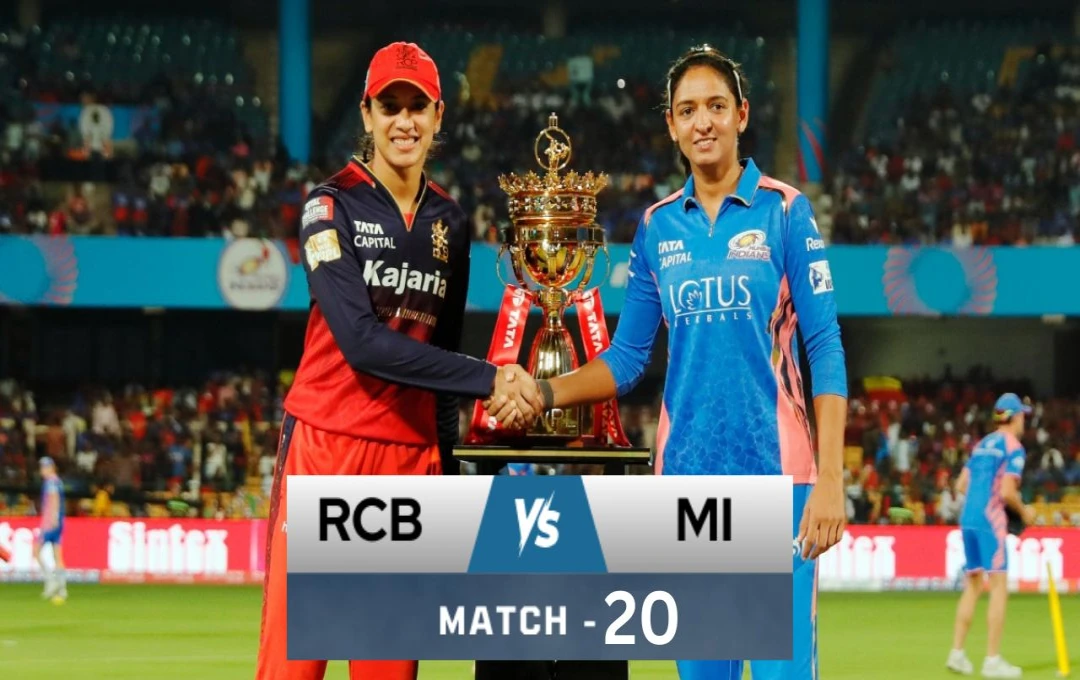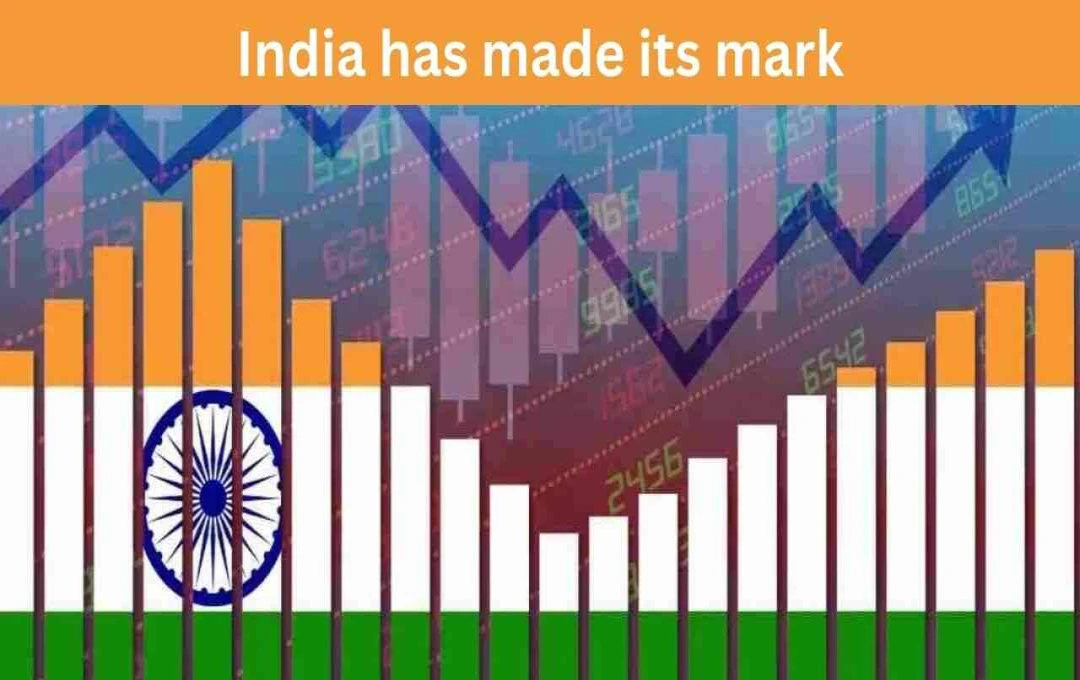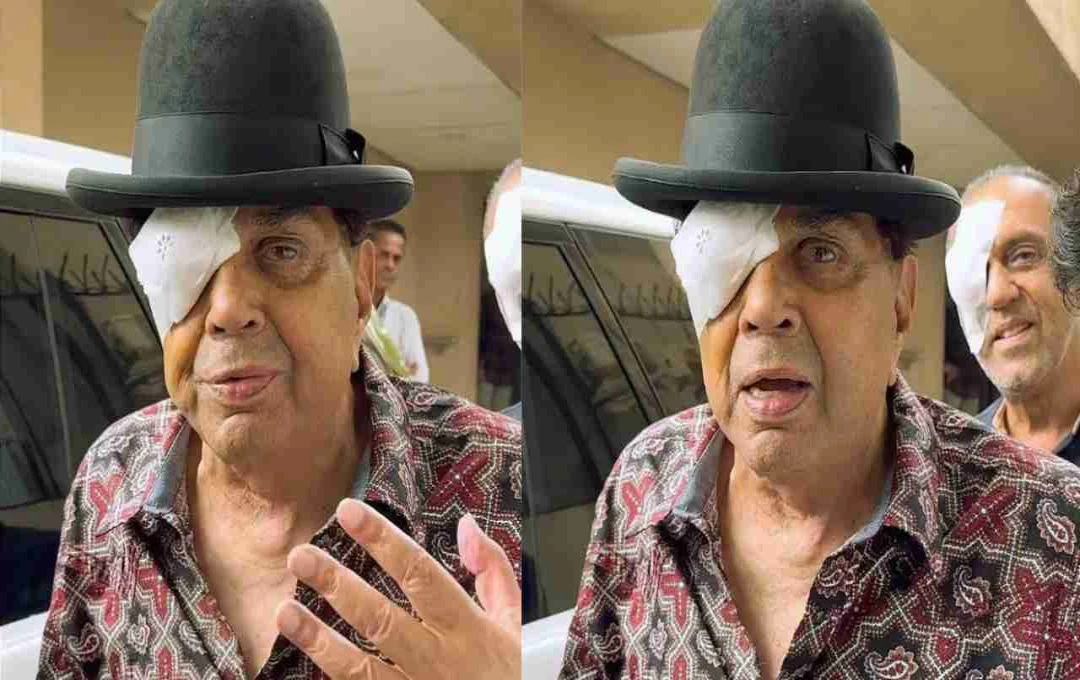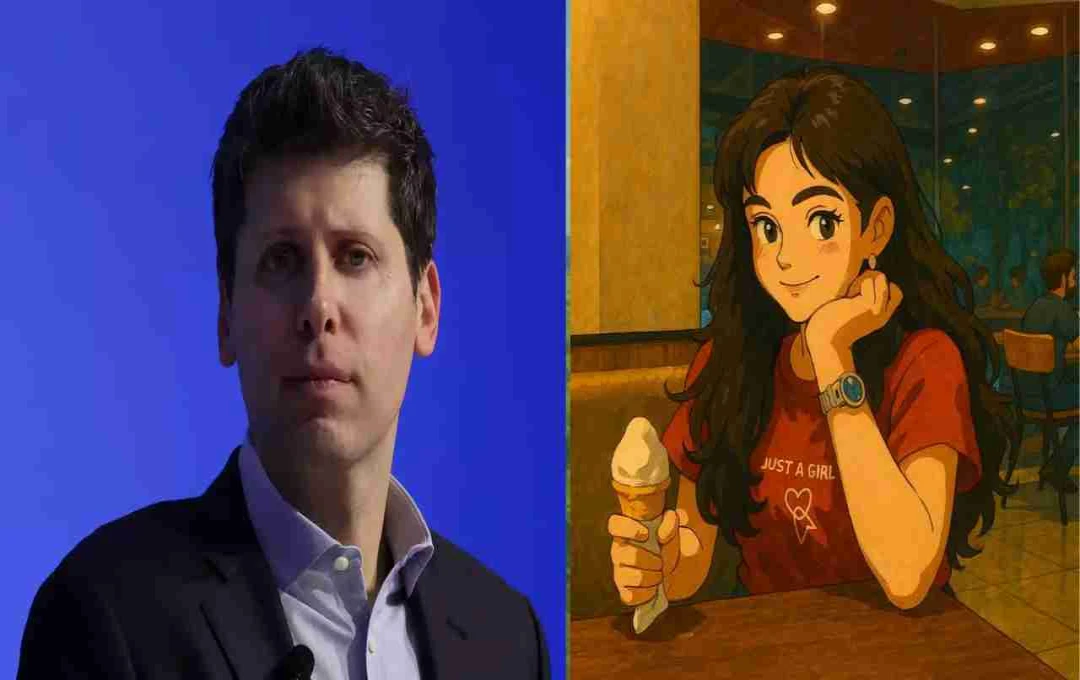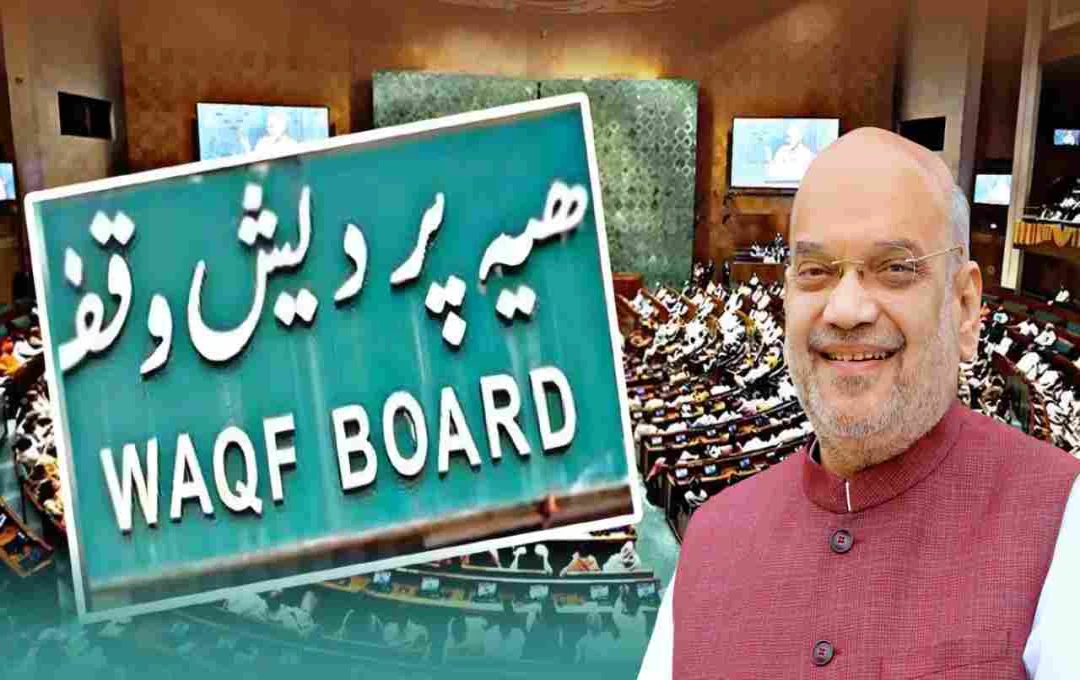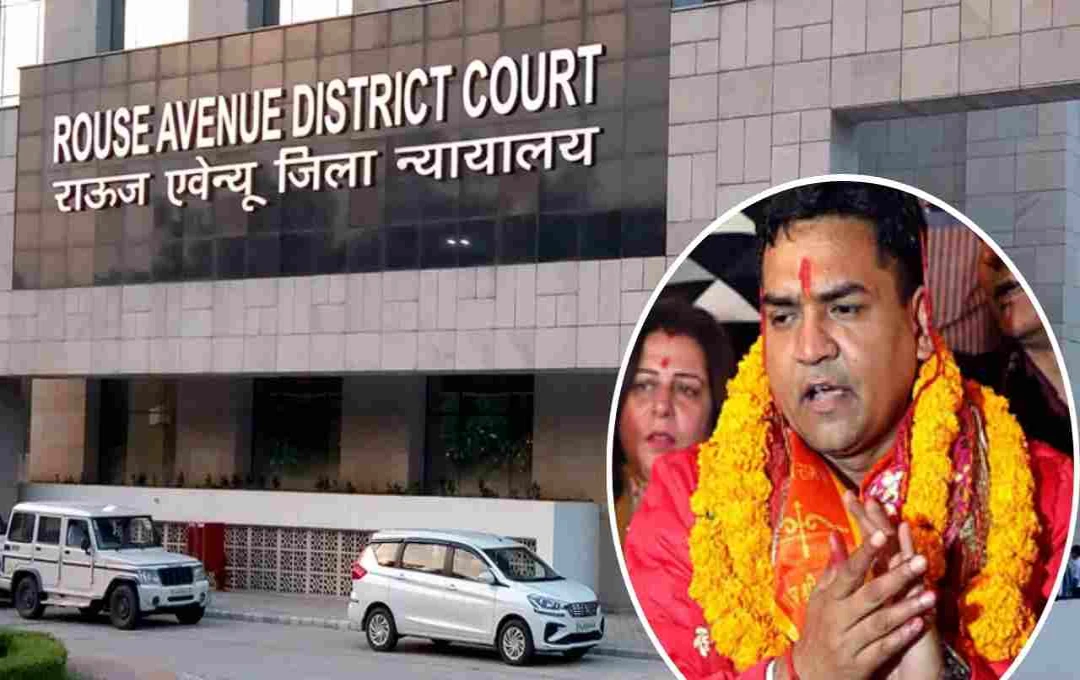The Rashtrapati Bhavan Mosque is located within the Rashtrapati Bhavan complex, a prominent landmark of the Indian Republic. This mosque serves not only as a place of worship but also as a symbol of Indian culture and secularism.
New Delhi: The celebration of Ramadan at Rashtrapati Bhavan has always been a symbol of unity and cultural harmony. For years, the 'Khatm-e-Sharif' ceremony has been held during the holy month of Ramadan. From India's first President, Dr. Rajendra Prasad, to the current President, Droupadi Murmu, every President has kept this tradition alive.
Rashtrapati Bhavan Mosque: A Symbol of Religious Harmony
Offering prayers at the Rashtrapati Bhavan mosque during Ramadan is a long-standing tradition. Dr. Rajendra Prasad laid the foundation for this tradition in the 1950s, which continues to be observed with great devotion and enthusiasm by everyone at Rashtrapati Bhavan. Recently, President Droupadi Murmu also participated in the 'Khatm-e-Sharif' at the Rashtrapati Bhavan mosque and attended the ceremony held upon the completion of the Holy Quran.
Presidential Faith: From Zakir Husain to A.P.J. Abdul Kalam
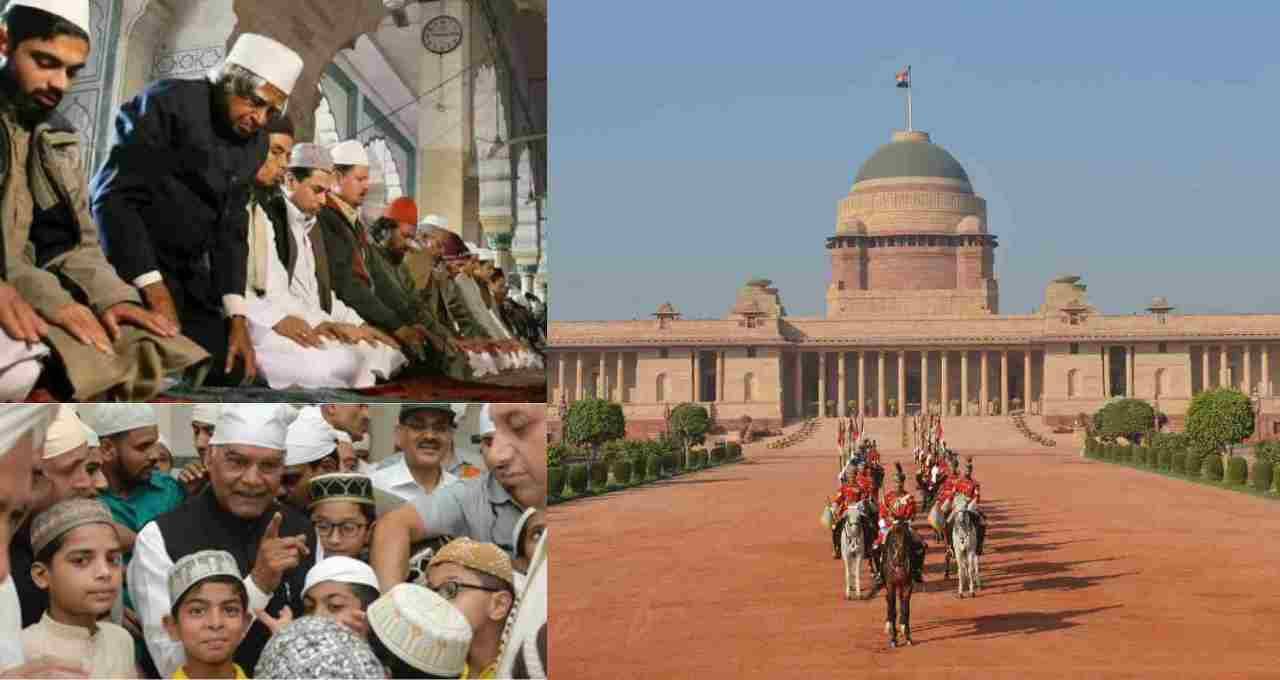
The tradition of offering prayers during Ramadan at Rashtrapati Bhavan has been upheld by presidents like Dr. Zakir Husain, Fakhruddin Ali Ahmed, and Dr. A.P.J. Abdul Kalam. Dr. Zakir Husain often offered prayers at the mosque with his family. Dr. A.P.J. Abdul Kalam, after Friday prayers, would interact with young people, creating an inspiring atmosphere.
Establishment of the Temple and Mosque: Rajendra Babu's Initiative
The construction of the temple and mosque within the Rashtrapati Bhavan complex was initiated by Dr. Rajendra Prasad. Since a church and a gurudwara already existed adjacent to Rashtrapati Bhavan, there was no need to build those. Rajendra Prasad and his wife, Rajvanshi Devi, celebrated festivals like Holi, Diwali, Eid, Christmas, and Guru Parv with the Rashtrapati Bhavan staff.
Inclusion of all Festivals
Not only Ramadan, but all major festivals are celebrated with great enthusiasm at Rashtrapati Bhavan. According to Anadi Baruah, a former footballer who served at Rashtrapati Bhavan for decades, sweets are distributed to all employees by the President during Khatm-e-Sharif. Rashtrapati Bhavan exemplifies secularism; Holi, Eid, Christmas, and Diwali are all celebrated with fervor. The temple located near the Rashtrapati Bhavan mosque also observes all Hindu festivals.
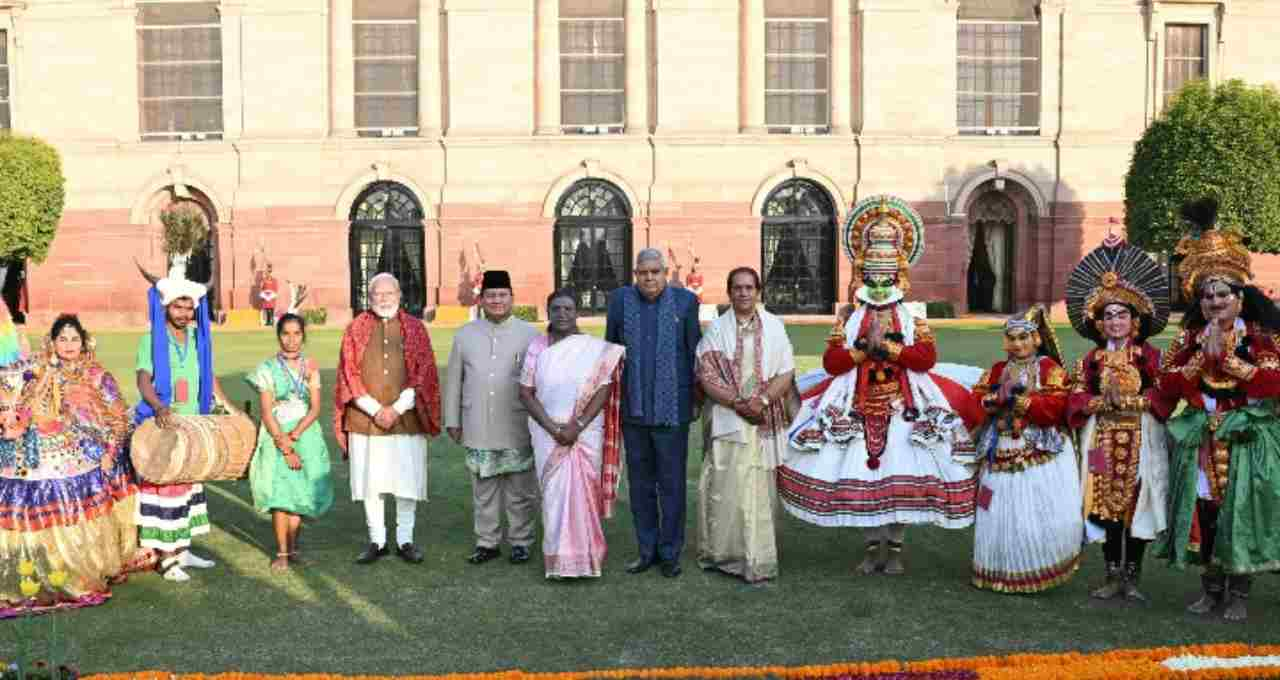
Rashtrapati Bhavan Mosque: A Special Place
This place not only facilitates worship but also provides an opportunity for cultural exchange. The Imam is provided with accommodation for his family within Rashtrapati Bhavan. Except during the COVID-19 period, the festive celebrations have been a sight to behold. President Droupadi Murmu attended the Rashtrapati Bhavan mosque during Ramadan, offering a turban and gifts, thus upholding the tradition. This action further strengthened the message of religious unity and togetherness at Rashtrapati Bhavan.
The tradition of celebrating Ramadan at Rashtrapati Bhavan symbolizes India's diversity and religious tolerance. Every year, the atmosphere of Rashtrapati Bhavan is filled with unity and brotherhood on this occasion. This tradition is not only a symbol of religious faith but also reflects the richness of Indian culture.
